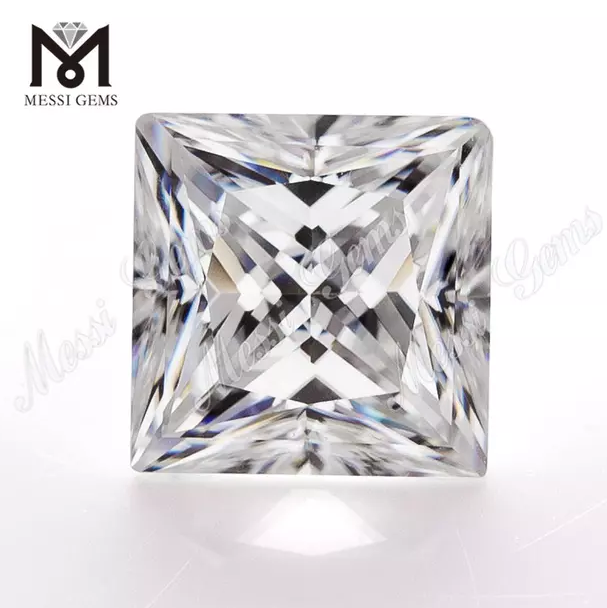Lab-grown diamonds have emerged as a sustainable alternative to traditionally mined diamonds, revolutionizing the jewelry industry. With a focus on environmental responsibility, these lab-grown gems offer a green and ethical choice for conscious consumers. This article explores how lab-grown diamonds are leading the way in the pursuit of sustainability within the jewelry sector.
The Environmental Impact of Traditional Diamond Mining
Ecological Disruption
Traditional diamond mining often involves extensive land excavation and disruption of ecosystems. Forests are cleared, water sources are contaminated, and wildlife habitats are destroyed, leading to significant environmental degradation.
Carbon Footprint
The carbon footprint of traditional diamond mining is substantial. Heavy machinery, transportation, and energy-intensive processes contribute to greenhouse gas emissions, exacerbating climate change.
Water Usage
Diamond mining requires vast amounts of water for extraction, processing, and washing of ores. This extraction can strain local water resources, leading to water scarcity and ecological imbalances.
Lab-Grown Diamonds: A Sustainable Solution
Reduced Ecological Impact
Lab-grown diamonds offer a solution to the environmental concerns associated with traditional mining. 1 carat lab grown diamond cost.They are created in controlled laboratory conditions, eliminating the need for land excavation, deforestation, and habitat destruction. This significantly reduces the ecological impact on fragile ecosystems.
Minimal Carbon Footprint
The production of lab-grown diamonds has a significantly lower carbon footprint compared to traditional mining. With advanced technologies and energy-efficient processes, greenhouse gas emissions are minimized, contributing to a greener and more sustainable jewelry industry.

Efficient Water Usage
Lab-grown diamonds require substantially less water compared to natural diamond mining. Water usage is tightly controlled and recycled within the closed-loop systems of the laboratories, reducing strain on water resources and minimizing the ecological footprint.
Transparency and Ethical Sourcing
Traceability
Lab-grown diamonds offer greater transparency and traceability throughout the supply chain. Each lab-grown diamond can be easily tracked and verified, ensuring that it is conflict-free and ethically produced. This transparency gives consumers peace of mind in knowing the origin and ethical nature of their jewelry.
Ethical Labor Practices
Lab-grown diamonds are produced in laboratories under strict labor regulations, ensuring fair and safe working conditions. By choosing lab-grown diamonds, consumers contribute to a jewelry industry that prioritizes human rights and fair labor practices.
Embracing Sustainable Jewelry Practices
Design Freedom and Innovation
Lab-grown diamonds offer jewelry designers and manufacturers greater design freedom and innovation. Their availability in various sizes, shapes, and colors allows for creative expression and the creation of unique and customizable pieces.
Circular Economy
The use of lab-grown diamonds promotes a circular economy within the jewelry industry. These diamonds can be recycled, repurposed, and reused, reducing the need for new diamond mining and minimizing waste.
Consumer Awareness and Preference
Increasingly, consumers are becoming more environmentally conscious and actively seeking sustainable choices. Lab-grown diamonds align with these values, attracting consumers who prioritize ethical sourcing, environmental responsibility, and sustainability.
Conclusion
Lab-grown diamonds are at the forefront of the sustainable jewelry movement, offering an environmentally friendly and ethically responsible choice for consumers. With their reduced ecological impact, minimal carbon footprint, and transparent sourcing, lab-grown diamonds pave the way for a greener and more sustainable future in the jewelry industry. By embracing these lab-grown gems, we can contribute to a more responsible and eco-conscious approach to adorning ourselves with beautiful, sparkling diamonds.